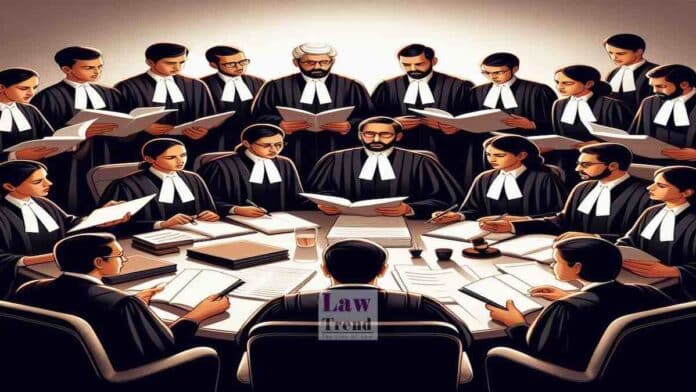The Bombay High Court has held that State Bar Councils cannot charge any fee for transferring an advocate’s enrollment from one State roll to another, declaring such collection in violation of Section 18(1) of the Advocates Act, 1961. A Division Bench of Justice Suman Shyam and Justice Shyam C. Chandak allowed a writ petition filed

To Read More Please Subscribe to VIP Membership for Unlimited Access to All the Articles, Download Available Copies of Judgments/Order, Acess to Central/State Bare Acts, Advertisement Free Content, Access to More than 4000 Legal Drafts( Readymade Editable Formats of Suits, Petitions, Writs, Legal Notices, Divorce Petitions, 138 Notices, Bail Applications etc.) in Hindi and English.
Click to Subscribe
If you are already a VIP Member, Click to Login Now
READ ALSO Seniority Once Settled Cannot Be Unsettled After Lapse of Many Years: Allahabad High Court




